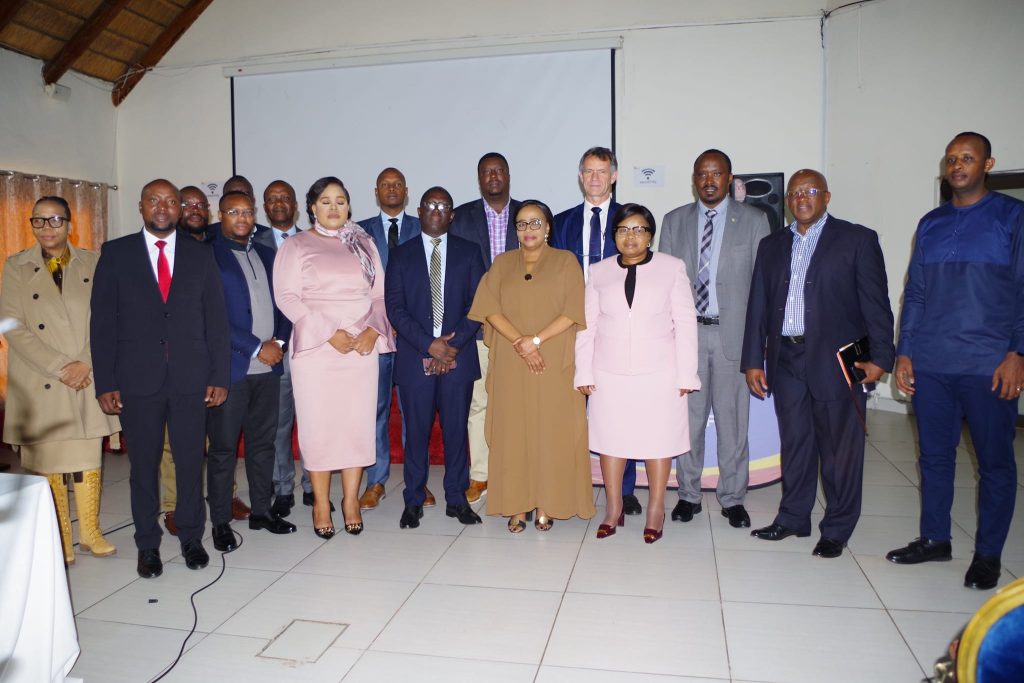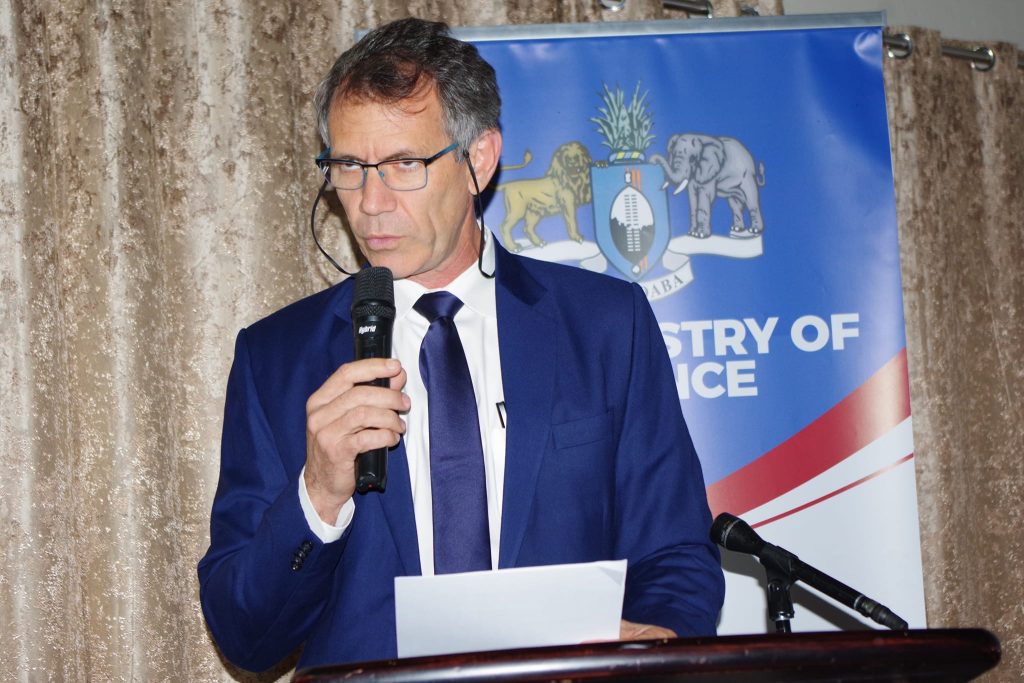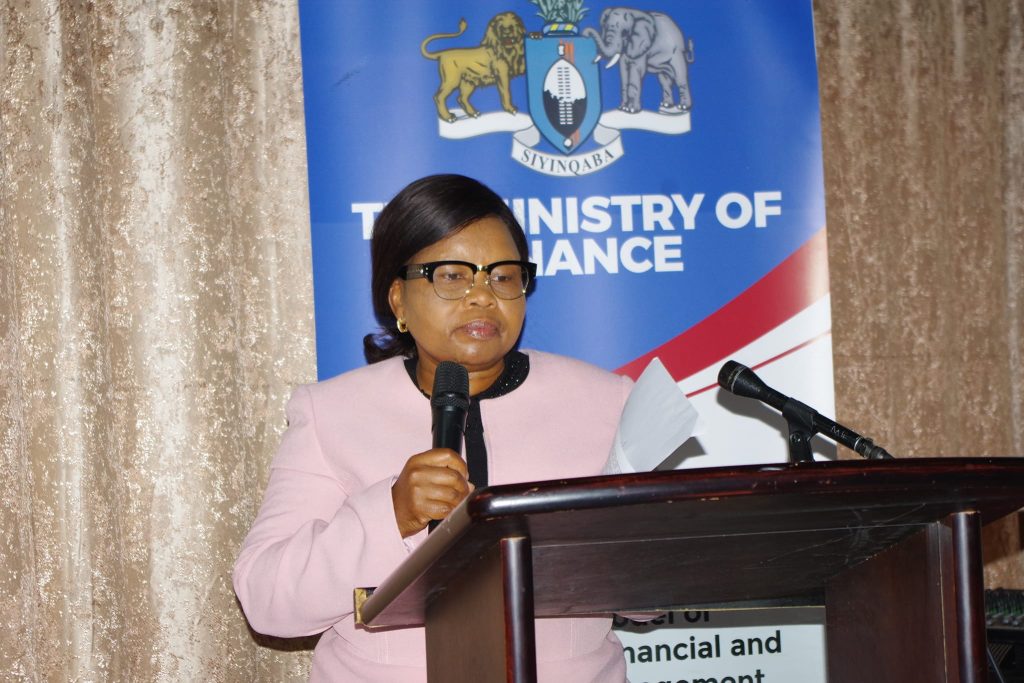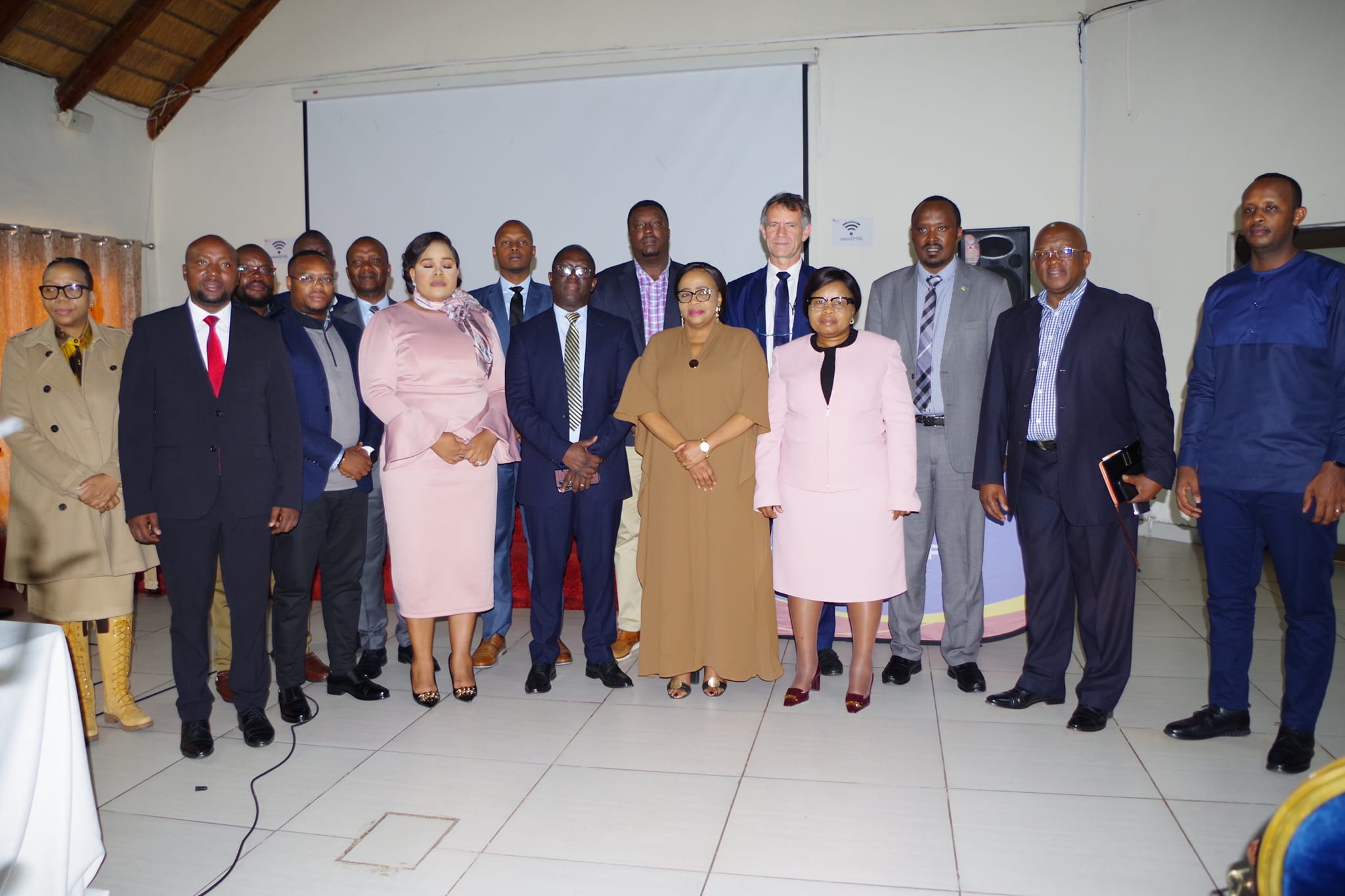
By Ncaba Ntshakala
The Minister of Finance Neal Rijkenberg has recently unveiled a new era of transparency and efficiency with the Integrated Financial Management Information System (IFMIS), now officially named “UMSEBE.”
When addressing the IFMIS Extraordinary Steering Committee meeting, Rijkenberg described the meeting as a reflection of the collective commitment and resolve driving the advancement of this crucial project.
UMSEBE is a Siswati term symbolizing the dawn, and it embodies the vision of a modern, efficient, and transparent financial management system aimed at fortifying public financial management, enhancing accountability, and streamlining processes.
The Minister emphasized that this system is not only designed to improve financial handling but also to establish a new standard of excellence and integrity within public finance.
RELATED:The 3rd ANNUAL MBOMBELA JAZZ FESTIVAL LAUNCHED ESWATINI
In his address, Rijkenberg expressed deep appreciation for the contributions of the Public Financial Management (PFM) Unit, Treasury, and supporting ministries, as well as the team from Rwanda.
He highlighted the importance of collaboration and resilience, urging stakeholders to remain engaged and proactive throughout the project’s phases. The Minister’s commitment to UMSEBE was highlighted by the establishment of the IFMIS Project Management Unit, tasked with overseeing and managing the project’s implementation.
Rijkenberg remarked, “I am deeply honored to address you today at this Extraordinary Steering Committee meeting, a testament to our collective commitment and resolve in advancing the Integrated Financial Management and Information System for the Kingdom of Eswatini.
Our vision with this key project is to create a modern, efficient, and transparent financial management system that will strengthen our public financial management, enhance accountability, and streamline our processes.”

He unveiled UMSEBE as the official project name, celebrating its Siswati roots and its symbolic representation of transparency in public finance management. “This system is designed to improve how we handle our finances and set a new standard for excellence and integrity in the public finance space.
It is my honor to unveil a local Siswati name for this pivotal system: UMSEBE. This will now be the official project name, and I thank the PFM Unit, led by the Project Manager, for localizing this project and bringing it close to our hearts with a brilliant Siswati name reflecting the sunrise.”
The UMSEBE project officially commenced in May of this year under Rijkenberg’s stewardship. Despite facing some internal challenges, significant progress has been made.
The implementing team from Rwanda has worked diligently, and the project remains on track for the go-live of Phase One, Release One, scheduled for October. This initial release will introduce the Chart of Accounts (COA) and the Planning and Budget modules, targeting the Planners and Budget team.
Phase Two, slated for April 2025, will involve the entire government, while Phase Three, scheduled for April 2026, will complete all modules. The Third and Fourth Financial Years will focus on integrating UMSEBE with other relevant systems to ensure a comprehensive Public Financial Management (PFM) system cycle.
RELATED:EWADE projects to create close to 4,000 jobs in 2024/25 financial year
Moreover, Rijkenberg extended heartfelt thanks to all involved parties, noting the hard work of the PFM Unit, Treasury, Budget Department, Ministry of Economic Planning, and Ministry of ICT, supported by the RSTP, for the project’s success.
He also lauded the expertise and commitment of the Rwandan team, whose efforts have been instrumental in the development of the first phase.
The Minister emphasized the importance of continued stakeholder engagement and proactive involvement.
“The strong attendance of all stakeholders here today underscores the broad support and shared vision for this initiative,” he said.
“Your presence is a clear indicator of the collective commitment we have towards the successful implementation of IFMIS. This level of engagement is essential as we continue to advance through the project’s phases, and I urge you to maintain the same spirit throughout.”
Rijkenberg emphasized the Ministry of Finance’s continued dedication to UMSEBE, noting the establishment of the IFMIS Project Management Unit to ensure the project’s success. He encouraged the unit to seek assistance as needed and to keep the project on schedule.
As the project progresses, the Minister called for everyone involved, including government officials, the Rwandan team, and other stakeholders, to remain focused and dedicated.

“Our combined efforts will be the key to overcoming any obstacles and ensuring the successful completion of this transformative project within the next four years and beyond.
With your continued support and collaboration, we are confident that UMSEBE will bring about a significant positive change in how we manage our public finances.”
In addition, during the meeting, the Acting Minister of Information, Communication, and Technology (ICT) Jane Simelane praised the Minister of Finance leadership in driving this transformative initiative.
Simelane noted that the adoption of the local name, UMSEBE, not only localizes the project but also embeds it in the public’s collective consciousness, marking the beginning of a new era of transparency and accountability in Eswatini’s financial management.
She emphasized that this project symbolizes the dawn of a new chapter for the country’s public finance systems.
Integrated financial management information systems (IFMIS) are systems to support management of public sector budgetary, financial, and accounting operations and promote better public financial management (PFM) with a centralized registry of public sector revenues and expenditures.
The IFMIS integrate budgetary, accounting, treasury, and public debt management processes, as well as generate corresponding reporting documents, mainly the financial statements.






